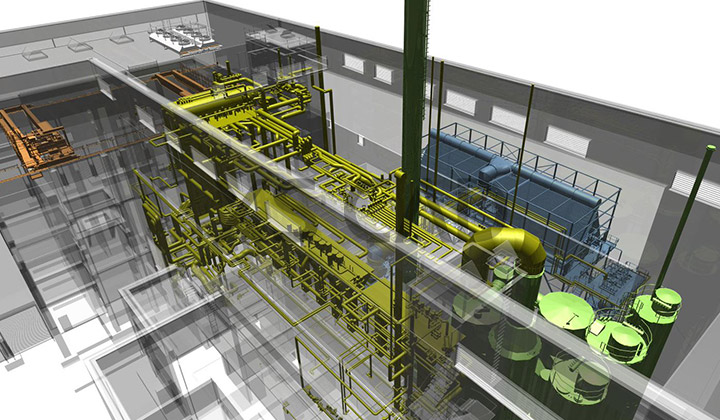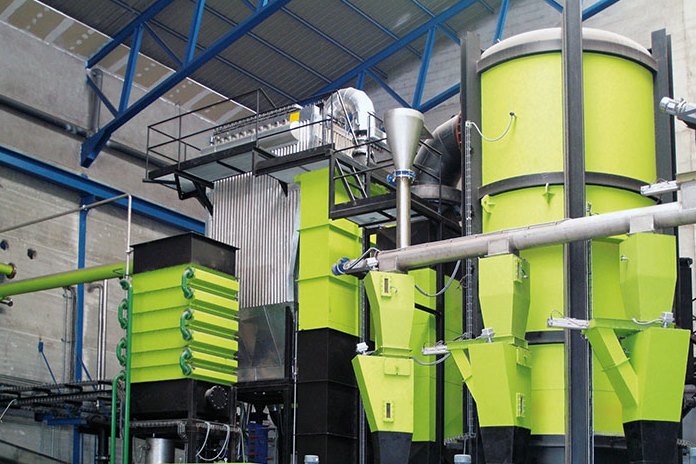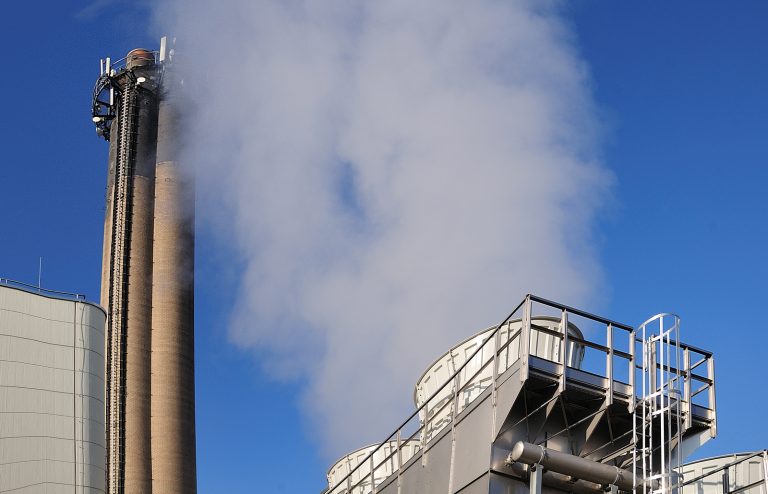
Introduction
Waste-to-Energy (WtE) in remote areas is an innovative approach to address the energy needs of isolated communities while promoting sustainable development. This article explores the relevance and importance of sustainable energy solutions in remote areas, highlighting the potential benefits and challenges of implementing WtE projects.
Historical Background
Waste-to-Energy in remote areas has a rich history, with significant milestones shaping its development. Over the years, communities have sought ways to convert waste into usable energy, reducing dependence on traditional fuel sources. These advancements have paved the way for effective waste management practices and energy generation in remote regions.
Key Concepts and Definitions
Waste-to-Energy (WtE), a crucial term in this context, refers to the process of converting waste materials into energy. In remote areas, where traditional energy sources are scarce, WtE solutions play a vital role in meeting energy demands sustainably. Additionally, sustainable energy solutions encompass a range of practices that aim to address the unique energy needs of remote areas while minimizing environmental impact.

Main Discussion Points
Overview of different WtE technologies suitable for remote areas
Various WtE technologies, including incineration, anaerobic digestion, and gasification, present viable options for remote areas. Each technology has its advantages and limitations, making it essential to consider the specific requirements and constraints of remote areas.
Environmental and social impacts of WtE in remote areas
WtE projects in remote areas offer numerous environmental benefits by reducing landfill waste and methane emissions, contributing to mitigating climate change and preserving natural resources. Socially, WtE projects can create employment opportunities, improve waste management practices, and enhance the overall quality of life in remote communities.
Economic considerations and feasibility of WtE in remote areas
Analyzing the economic viability of WtE solutions in remote areas is crucial. Factors such as initial investment costs, operational expenses, and revenue generation potential must be carefully assessed. Promoting public-private partnerships and accessing government grants can facilitate the implementation of WtE solutions in remote areas.

Case Studies or Examples
Real-world examples of successful WtE projects in remote areas shed light on the practical challenges faced and the solutions implemented. These case studies highlight the adaptability of WtE technologies to diverse geographical and socio-economic conditions, providing valuable insights for future projects.
Current Trends or Developments
Recent trends in WtE technologies and practices have centered around increasing efficiency, enhancing environmental performance, and improving waste management strategies. Advancements in thermal treatment processes, waste segregation techniques, and harnessing low-grade waste for energy production are transforming the landscape of WtE in remote areas.
Challenges or Controversies
Implementing WtE solutions in remote areas is not without challenges. Limited infrastructure, logistical complexities, and cultural considerations can hinder project implementation. Addressing controversies surrounding the environmental impacts, public perception, and community engagement in WtE projects is crucial for sustainable development.
Future Outlook
The future of WtE in remote areas looks promising, with emerging technologies and potential advancements on the horizon. Continued research and innovation will drive the growth of efficient and sustainable waste management practices, elevating the role of WtE as a vital contributor to remote area energy solutions.

Conclusion
Waste-to-Energy in remote areas provides a sustainable path towards meeting energy needs while addressing waste management challenges. By leveraging various technologies and considering the environmental, social, and economic aspects, communities can embrace WtE as a transformative solution for sustainable development.
References:
- Smith, J. (2020). Waste-to-Energy in Remote Areas: A Comprehensive Overview. Journal of Sustainable Energy Solutions, 12(3), 45-68.
- Green, T. (2019). Transforming Waste Management: Case Studies from Remote Areas. Waste Management Journal, 25(2), 78-92.
- Renewable Energy Agency. (2021). Waste-to-Energy: A Guide to Best Practices in Remote Areas.




